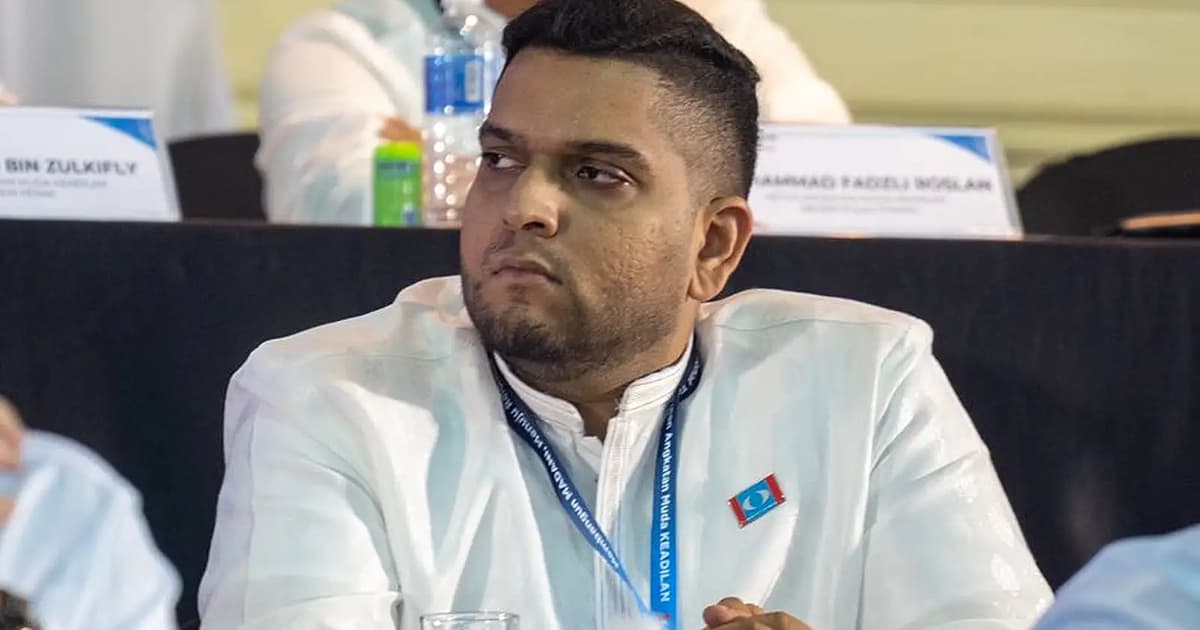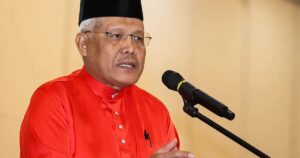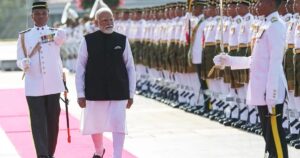
A PKR division chief has defended the RM100,000 fine imposed by the Malaysian Communications and Multimedia Commission on Sin Chew Media Corporation Bhd and Sinar Karangkraf Sdn Bhd over a national flag gaffe and inaccurate information as not excessive, saying it is to reinforce responsibility among media practitioners.
PKR‘s Batu division chief Asheeq Ali Sethi Alivi said while it is understandable to be concerned about press freedom, the matter should be examined from a professional perspective, focusing on journalistic ethics and accountability.
“MCMC’s action is not about stifling free speech but about reinforcing the importance of accuracy and responsibility within the media industry.
“For media organisations that wield immense influence over public opinion, this freedom comes with a significant and non-negotiable responsibility: to be accurate, fair, and accountable,” he said in a statement.
Yesterday, MCMC said the fine on Sin Chew was imposed after the organisation uploaded an incomplete illustration of the Jalur Gemilang in its digital newspaper.
Meanwhile, Sinar Karangkraf was fined over a post on its official Instagram account that contained false information about Inspector-General of Police Khalid Ismail’s alleged involvement in a political party.
Asheeq noted that the RM100,000 fine had ignited a public debate, with some figures, like prominent journalist Johan Jaafar, characterising the action as “unprecedented and dangerous”.
However, he said, there was a distinction between freedom of expression and a failure to uphold professional standards.
“Freedom of speech is a cornerstone of democracy, but it never implies the freedom to disseminate false or damaging information without consequence,” he said.
He said the fines imposed by MCMC served as a clear signal to all players in the media industry that such negligence was unacceptable.
The Malaysian Media Council had also said yesterday that the RM100,000 fines were excessive and disproportionate to the alleged offences.
It said such heavy penalties risked creating a climate of fear and self-censorship among journalists and editors, weakening the media’s role to inform the public and hold power to account.






